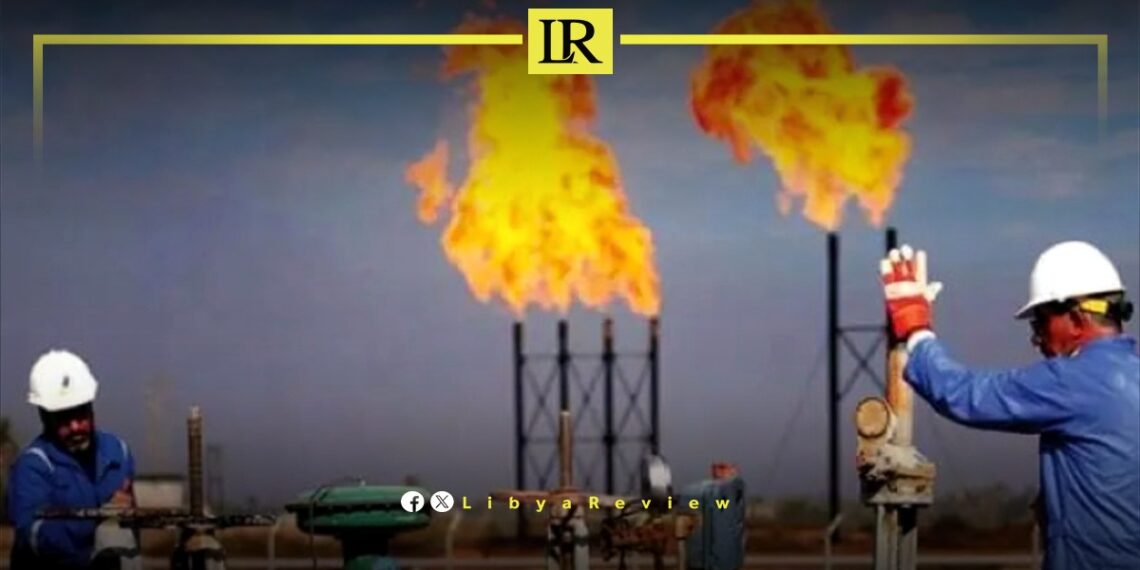According to data published by the “Energy Research Unit,” Africa’s gas reserves reached 17.89 trillion cubic meters by the end of 2023, reflecting a slight decrease of 44 billion cubic meters, or 0.25%, from 17.93 trillion cubic meters in 2022.
Libya stands out as one of the top countries in Africa with substantial gas reserves, ranking fifth on the continent. In 2023, Libya’s gas reserves were recorded at 1.51 trillion cubic meters. This significant reserve underscores Libya’s crucial role in Africa’s energy landscape despite ongoing political and security challenges.
Leading the continent is Nigeria, with 5.94 trillion cubic meters of gas reserves, marking a 0.5% increase from the previous year. Algeria follows with 4.50 trillion cubic meters, placing it tenth globally. Mozambique holds the third position with 2.84 trillion cubic meters, while Egypt remains stable in fourth place with 2.21 trillion cubic meters.
Libya, with its 1.51 trillion cubic meters of gas reserves, is pivotal for the country’s economy and energy sector. The management and development of these resources are essential for Libya’s economic recovery and growth. Despite the challenges, Libya’s energy sector remains vital, and efforts to stabilize and enhance this industry are ongoing.
Following Libya, the Republic of Congo (Congo-Brazzaville) ranks sixth with 284 billion cubic meters of gas reserves. Cameroon holds the seventh position with reserves of 173 billion cubic meters, as per the latest annual statistical bulletin from OPEC.
Africa’s gas reserves are a critical component of the global energy landscape, not only meeting local energy demands but also contributing significantly to global energy security. Efficient management and development of these resources are essential for the economic growth and energy independence of many African nations.
Libya’s position as a key holder of gas reserves highlights its importance in the energy sector. The country’s substantial reserves present opportunities for economic development and energy security. Stabilizing and developing Libya’s gas industry is crucial for leveraging these resources to their full potential.
The substantial gas reserves in countries like Libya, Nigeria, Algeria, and Egypt play pivotal roles in Africa’s energy landscape. As global energy dynamics evolve, the management of these reserves will be increasingly important for both regional and international energy security.
Libya’s significant gas reserves are not only vital for its own economic stability but also for contributing to Africa’s overall energy resources. The focus on developing and managing these reserves efficiently will determine Libya’s role in the future of the global energy market.


